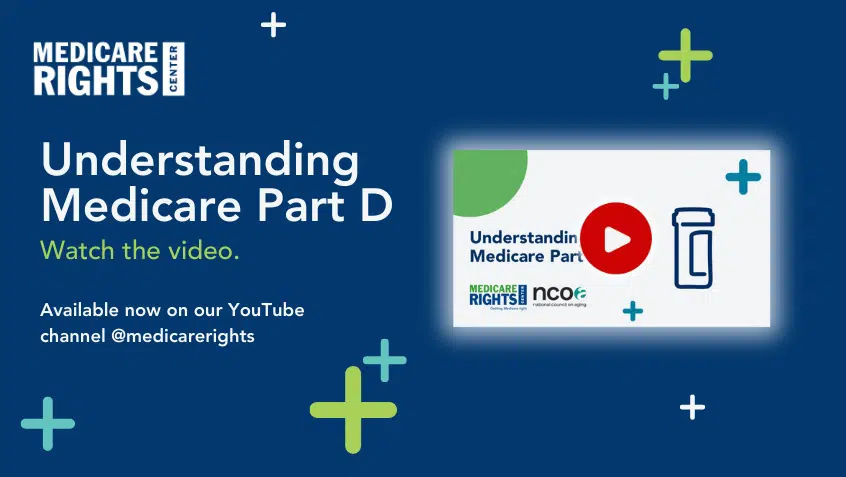Join Us Live for a Discussion on Medicare, Democracy, and the Future of Health Care
Medicare Advantage May Expose Enrollees to Higher Risk of Cost-Related Problems

Last week, the Kaiser Family Foundation (KFF) released a report showing that it is more common for Medicare Advantage (MA) enrollees to face cost-related problems than beneficiaries who have traditional Medicare with supplemental coverage. These cost-related problems can include trouble getting care or experiencing a delay in care as well as problems paying medical bills.
When people enroll in Medicare, they may choose between traditional Medicare and MA. Most beneficiaries in traditional Medicare have access to supplemental coverage, such as Medicaid or a Medigap that helps to cover costs. MA plans are private insurance that covers all of traditional Medicare’s benefits and often bundle together medical and drug coverage under one umbrella.
MA plans continue to rise in popularity, fueled at least in part by significant advertising and new laws that allow the plans to create new supplemental benefits. One of the biggest selling points for MA has historically been its annual limit on out-of-pocket expenses, which ensures that people with very high bills have some protection against financial disaster.
This KFF report, however, demonstrates that the existence of an out-of-pocket maximum does not guarantee that beneficiaries will find their care affordable. Around 17% of all Medicare beneficiaries reported difficulty affording their care. This number was 19% for MA enrollees and 15% for traditional Medicare beneficiaries. KFF split out those traditional Medicare beneficiaries with supplemental coverage and found their rate was 12%, while those without supplemental coverage, around 10% of the Medicare population, had the highest rate of problems at 30%.
Importantly, the rate of cost-related problems was twice as high for Black beneficiaries as for white. This is exacerbated by enrollment patterns; half of Black beneficiaries are enrolled in MA, and Black MA enrollees were significantly more likely than Black beneficiaries in traditional Medicare to report problems affording care, 32% to 24%. Black beneficiaries with traditional Medicare and supplemental Medicaid coverage reported cost-related problems at an even lower rate of 20%. The disparity is even larger for Black beneficiaries who assess their health as fair or poor. When enrolled in MA, half of these beneficiaries reported cost-related problems. One-third of such beneficiaries in traditional Medicare reported cost-related problems, as did one-fourth of those in fair or poor health who had both traditional Medicare and supplemental coverage.
At Medicare Rights, we are deeply concerned about this report, coupled with our concerns about Medicare overpaying MA plans and MA’s history of inappropriate denials of care. We urge a new national conversation over how MA plans are assessed, designed, and paid.
Read more about cost-related problems for Medicare beneficiaries.
Show Comments
We welcome thoughtful, respectful discussion on our website. To maintain a safe and constructive environment, comments that include profanity or violent, threatening language will be hidden. We may ban commentors who repeatedly cross these guidelines.
Help Us Protect & Strengthen Medicare
Donate today and make a lasting impact
More than 67 million people rely on Medicare—but many still face barriers to the care they need. With your support, we provide free, unbiased help to people navigating Medicare and work across the country with federal and state advocates to protect Medicare’s future and address the needs of those it serves.
The Latest
Most Read
Add Medicare to Your Inbox
Sign up to receive Medicare news, policy developments, and other useful updates from the Medicare Rights.
View this profile on InstagramMedicare Rights Center (@medicarerights) • Instagram photos and videos









